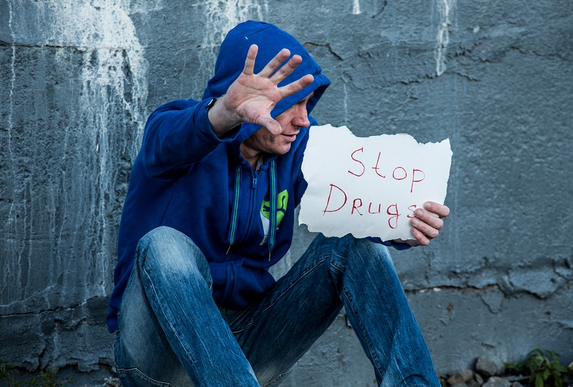Drug and drug misuse among young people is a major public health concern that has far-reaching effects on individuals, families, and communities. Understanding the causes of this widespread condition is critical for establishing effective preventative and intervention techniques. Find A Rehab Center online if you need rehabilitation services. Here are some of the primary reasons drug and substance abuse is common among young adults.
Peer Pressure and Social Influence

One of the most significant factors contributing to drug and substance abuse among young adults is peer pressure. During adolescence and early adulthood, individuals are highly influenced by their social circles. The desire to fit in, be acknowledged, or gain approval from peers can lead young adults to experiment with drugs and alcohol. Social gatherings, parties, and other events often provide opportunities for substance use, and the pressure to conform can be overwhelming.
Stress and Mental Health Issues
Young adulthood is a period of significant transition and stress. Academic pressures, career uncertainties, relationship challenges, and the struggle for independence can contribute to high levels of stress and anxiety. Some young adults turn to drugs and alcohol as a way to cope with these pressures and manage their mental health issues.
Mental health disorders such as depression, anxiety, and trauma are closely linked to substance abuse. Young adults experiencing these conditions may use drugs or alcohol to self-medicate, seeking temporary relief from their symptoms. Sadly, this can trigger a cycle of dependence and exacerbate underlying mental health issues.
Curiosity and Experimentation
Curiosity and the desire for new experiences are natural aspects of young adulthood. Many young adults experiment with drugs and alcohol out of curiosity, wanting to explore their effects and experience something different. This experimentation is often seen as a rite of passage or a way to assert independence.
However, what starts as casual experimentation can quickly escalate into regular use and addiction. The lack of awareness about the risks and potential consequences of substance abuse can make young adults particularly vulnerable during this stage of life.
Lack of Awareness and Education

A lack of comprehensive education about the dangers of drug and substance abuse contributes to its prevalence among young adults. Many young people are not fully informed about the risks associated with different substances, including the potential for addiction, health problems, and legal consequences. Effective prevention programs that provide accurate information and teach coping skills are essential. Without proper education, young adults may underestimate the dangers of substance abuse and be more likely to engage in risky behaviors.
Accessibility and Availability
Their ease of access and availability heavily influence drug and alcohol misuse among young adults. Alcohol is often easily accessible, even for those under the legal drinking age, and drugs can be readily available through social networks, parties, and even online sources. The proliferation of substances like marijuana, prescription medications, and synthetic drugs has increased the variety of substances that young adults can access. This easy availability lowers the barrier to experimentation and regular use.
Trauma
Trauma, whether from childhood experiences, abuse, or significant life events, can lead young adults to use substances as a coping mechanism. Trauma can cause psychological discomfort and stress, leading people to seek escape through drugs and alcohol. Substance use may provide a momentary relief from mental anguish, but it frequently leads to more serious difficulties in the long term. Therapeutic interventions that address trauma and provide healthy coping mechanisms are essential for preventing and treating substance abuse in young adults with a history of trauma.
Peer pressure, mental health concerns, curiosity, a lack of information, accessibility, family dynamics, heredity, and trauma all play a role in young people’s drug and substance misuse. Addressing this issue necessitates a multidimensional strategy that includes extensive education, effective preventative initiatives, mental health assistance, and accessible treatment alternatives. By understanding the reasons behind substance abuse, society can better support young adults in making healthier choices and leading drug-free lives.
